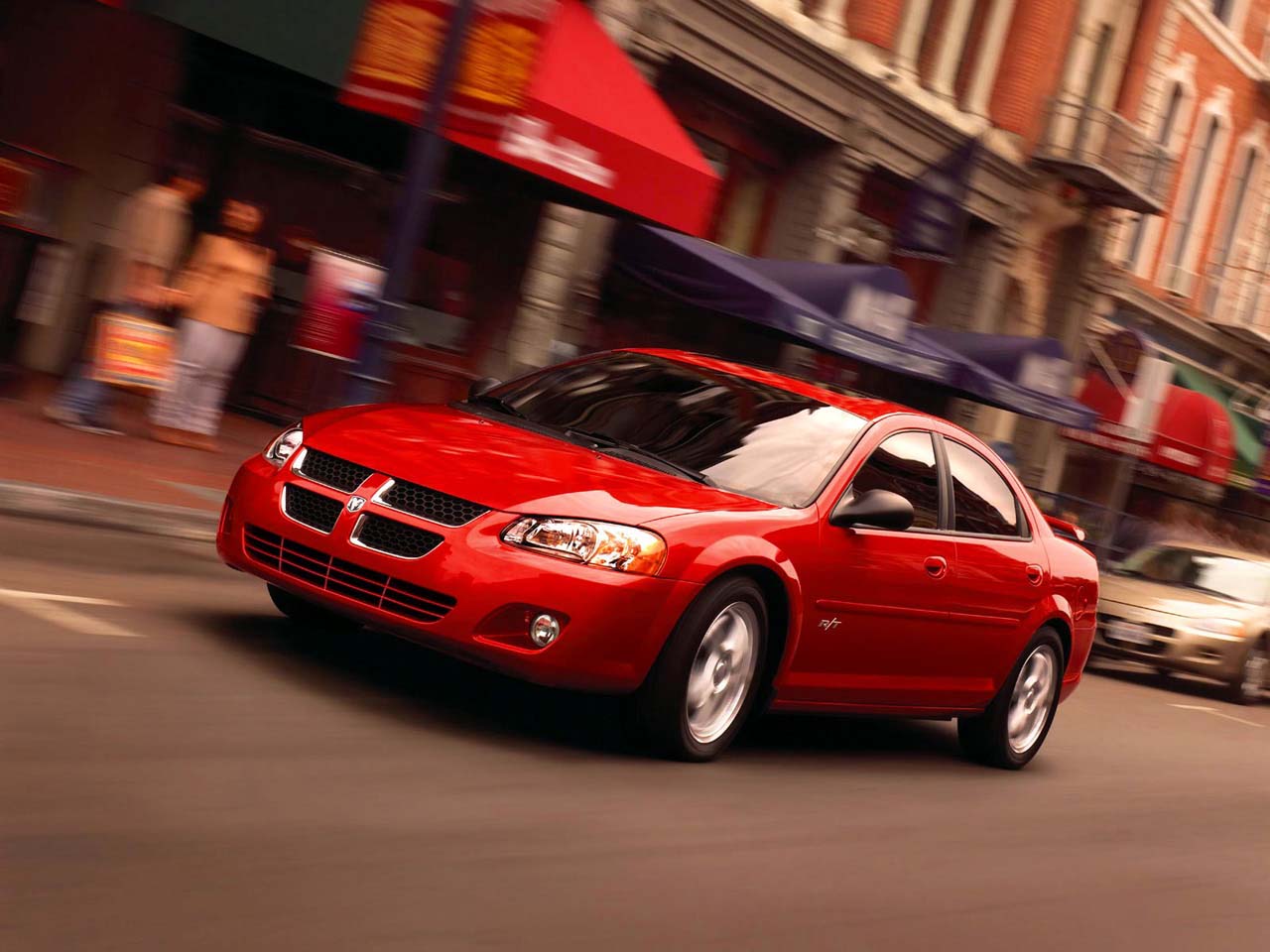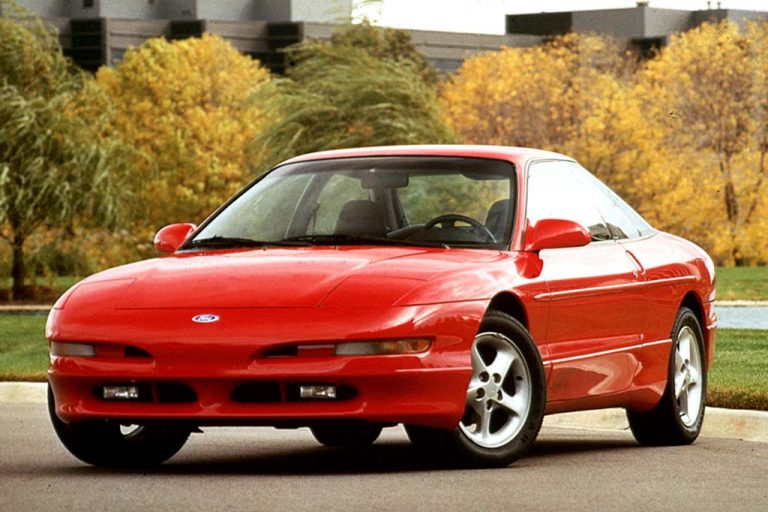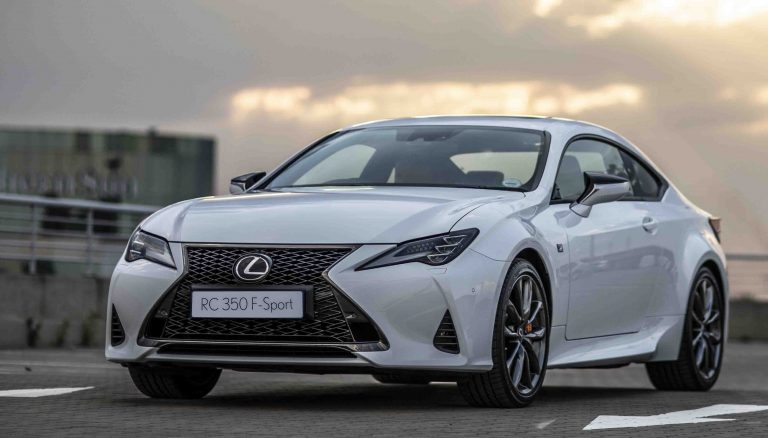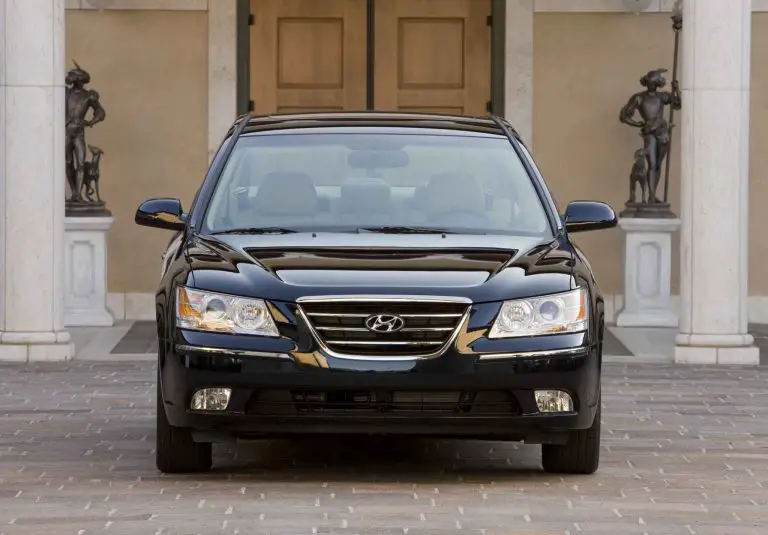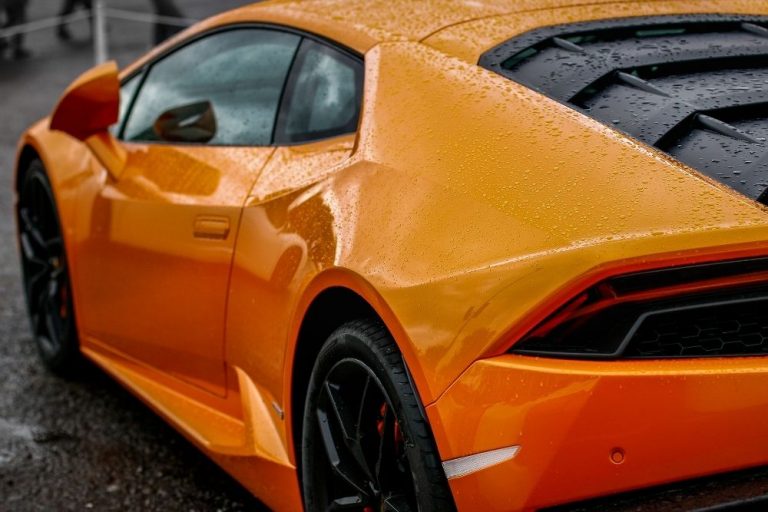The Dodge Stratus – EVERYTHING There Is to Know (Detailed Guide)
The Dodge Stratus was a midsize sedan that was produced by Dodge from 1995 to 2006. It is important to note that the car was highly rated by owners and had a good reputation during its production years.
Even though the Dodge Stratus was highly rated by owners and had a good reputation, it is not well known today. In fact, many people are not even aware that the Dodge Stratus was ever made.
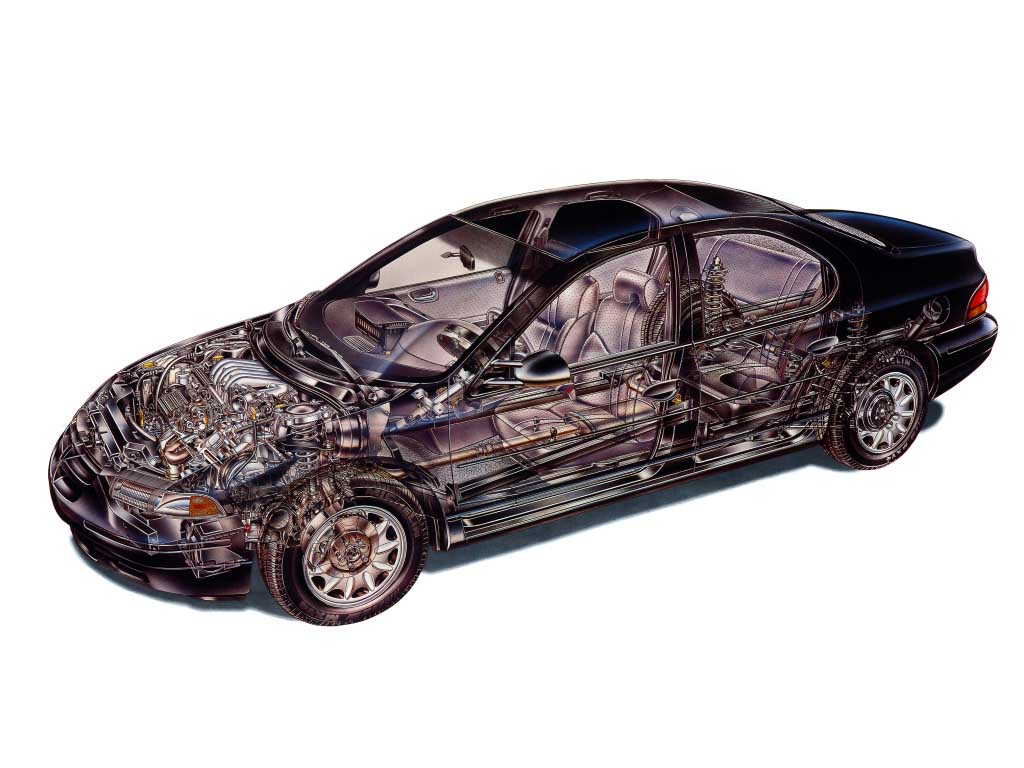
We think that the Dodge Stratus absolutely deserves more recognition than it currently has on the internet hence why we’re here writing about it. Let’s start off from the beginning and discuss where it sat within Dodge’s line up at the time of its initial debut.
The Dodge Stratus was one of three “cloud” cars launched by the Chrysler Corporation. The car was a modern four/five-seat four-door sedan that offered reasonable levels of comfort and room packaged in an attractive body that has earned a reputation for reliability over the years.
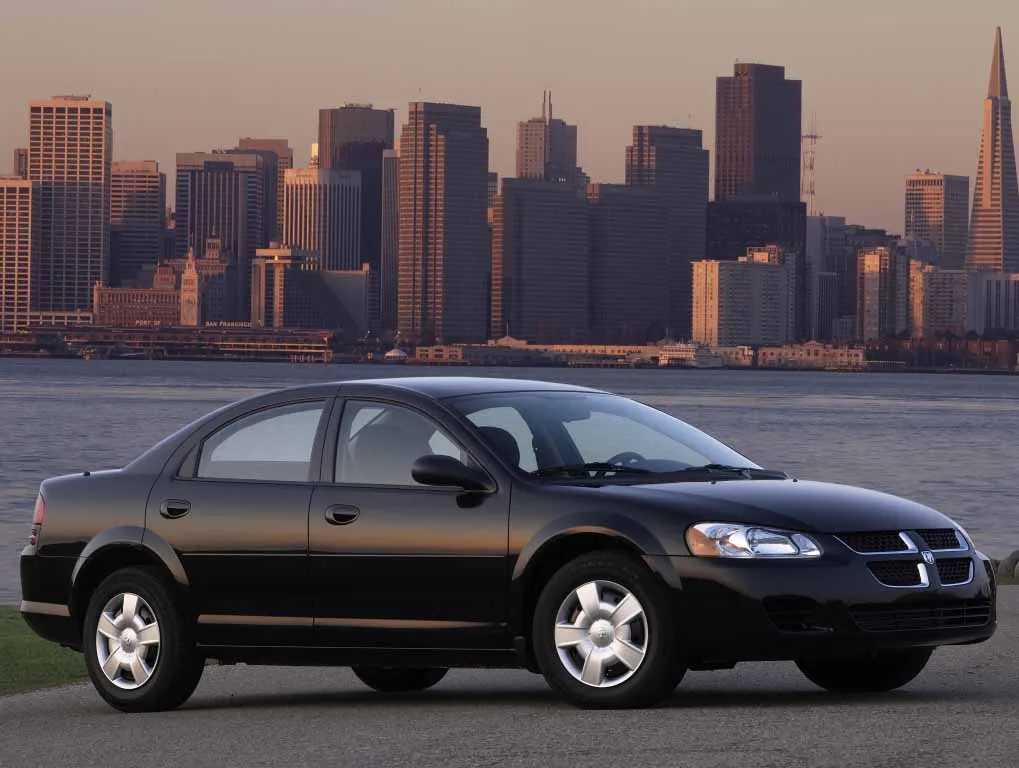
When Dodge launched the Stratus in the JA platform, they positioned it in the middle of the range between the Plymouth Breeze and Chrysler Cirrus. It was not as expensive as the Chrysler Cirrus but enjoyed a sportier reputation.
The History Of The Dodge Stratus
Dodge first launched the four-door mid-sized saloon, which they named the Stratus, in 1995. It shared the platform with two other products, the Plymouth Breeze and Chrysler Cirrus.
The Stratus, Breeze, and Cirrus featured in Car and Driver magazine’s Ten Best lists for 1996 and 1997.
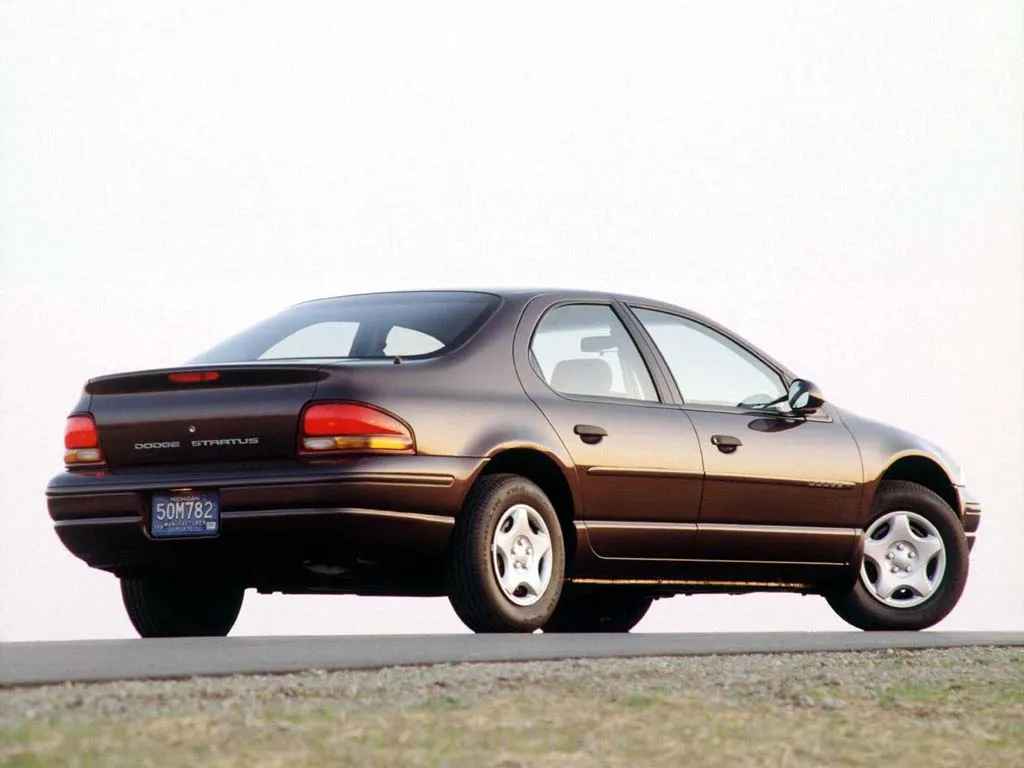
In 2001 it was relaunched as the Chrysler Sebring. Simultaneously, Chrysler added the Stratus coupé to the range. The coupé was built at the Diamond Star Motors plant by Mitsubishi and was based on the Mitsubishi ST-22 platform, the same as Mitsubishi Eclipse.
The two-door coupe models were very different from the conventional four-door version and, other than the name, shared only a few exterior styling cues.
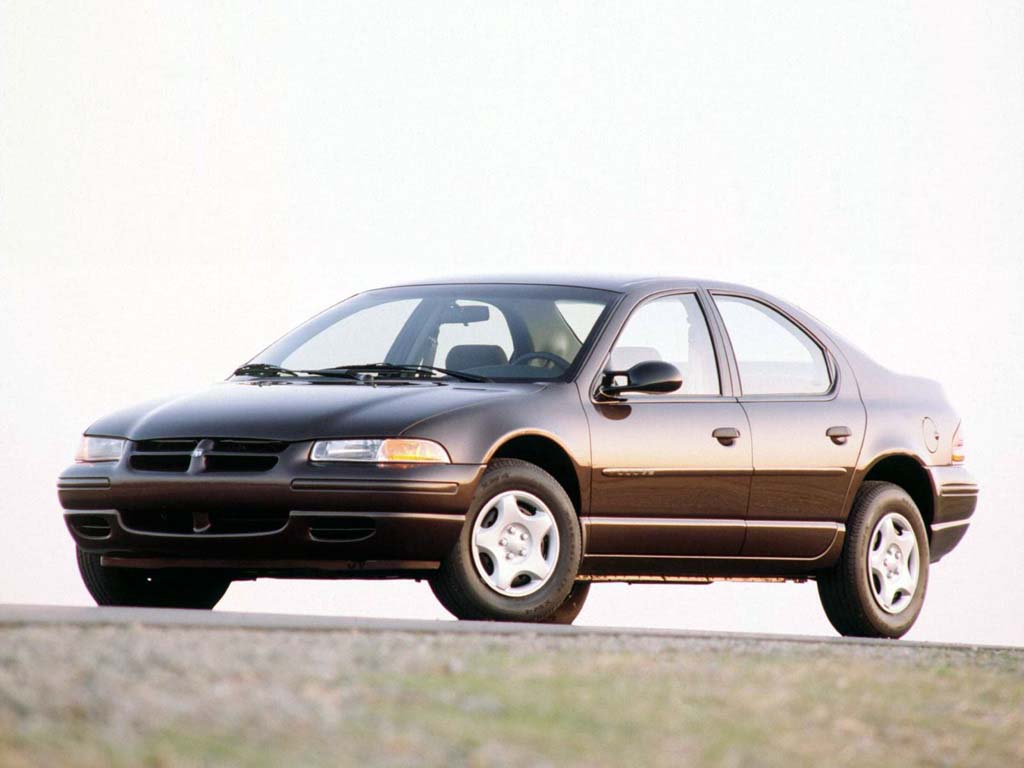
In 2003 the Stratus coupé was restyled; it was discontinued one year earlier than the sedan after 2005.
Production of the four-door version ended in 2006 and was replaced by the Dodge Avenger in 2007.
Built at the Sterling Heights Assembly Plant in Michigan between 1998 and 2006, the Dodge Stratus and variants sold 972,971 units.
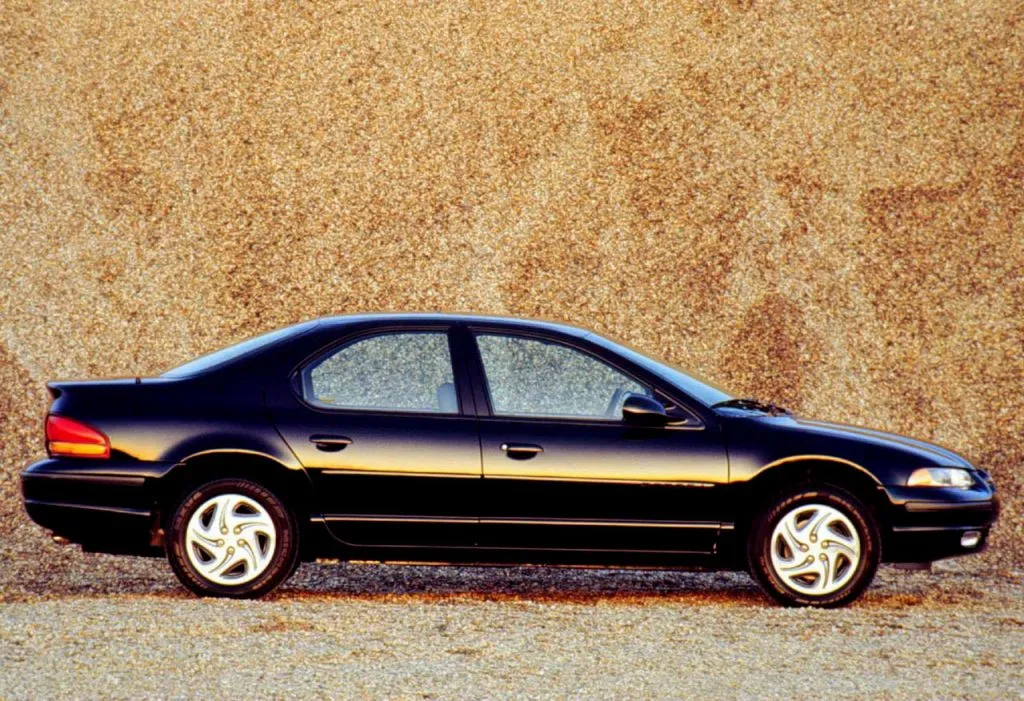
After Dodge Stratus was discontinuation in 2006, the entire assembly line and tooling were sold to GAZ in Russia. This company manufactured 9,000 units of a slightly modified Stratus from 2008 through 2010 called the Volga Siber.
What Is The Dodge Stratus?
The Dodge Stratus was a medium-sized four-door sedan built by Chrysler on its JA platform, shared with the Plymouth Breeze and Chrysler Cirrus.
Stratus cost less than the Chrysler Cirrus but still offered a sportier character.
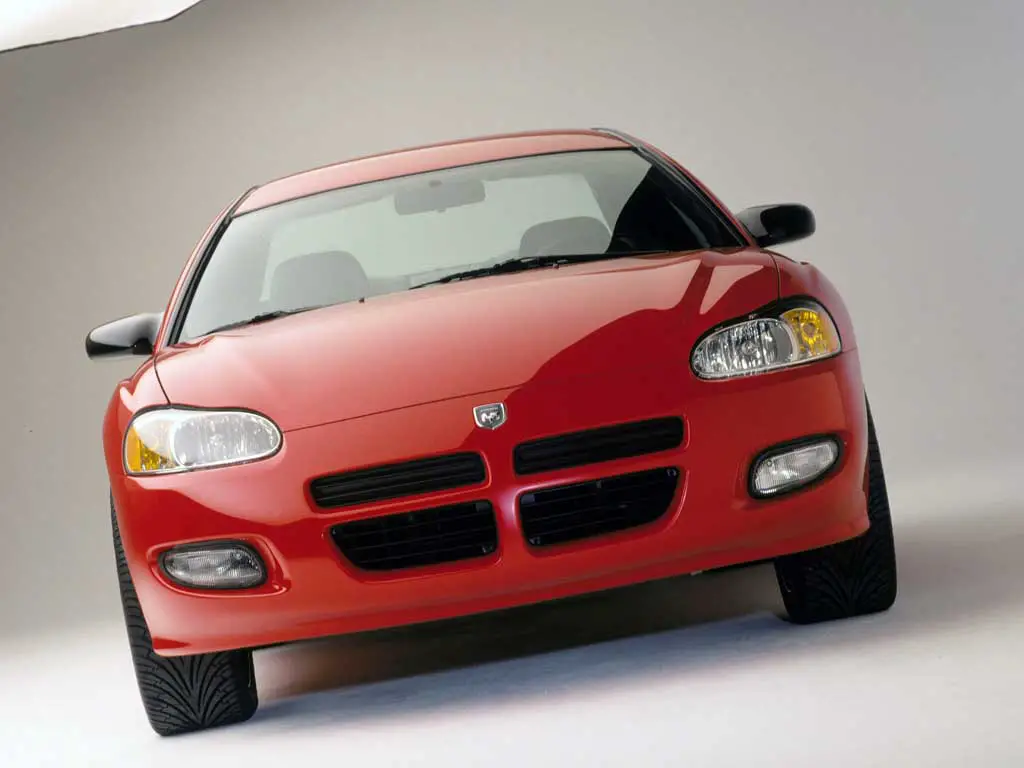
Stratus had two models, the base (later renamed SE in 2000) and the ES.
From a styling perspective, the Stratus offered a design that was considered aerodynamically efficient for its time. The lines started with a low nose, with the body line gradually rising in a wedge shape towards the rear.
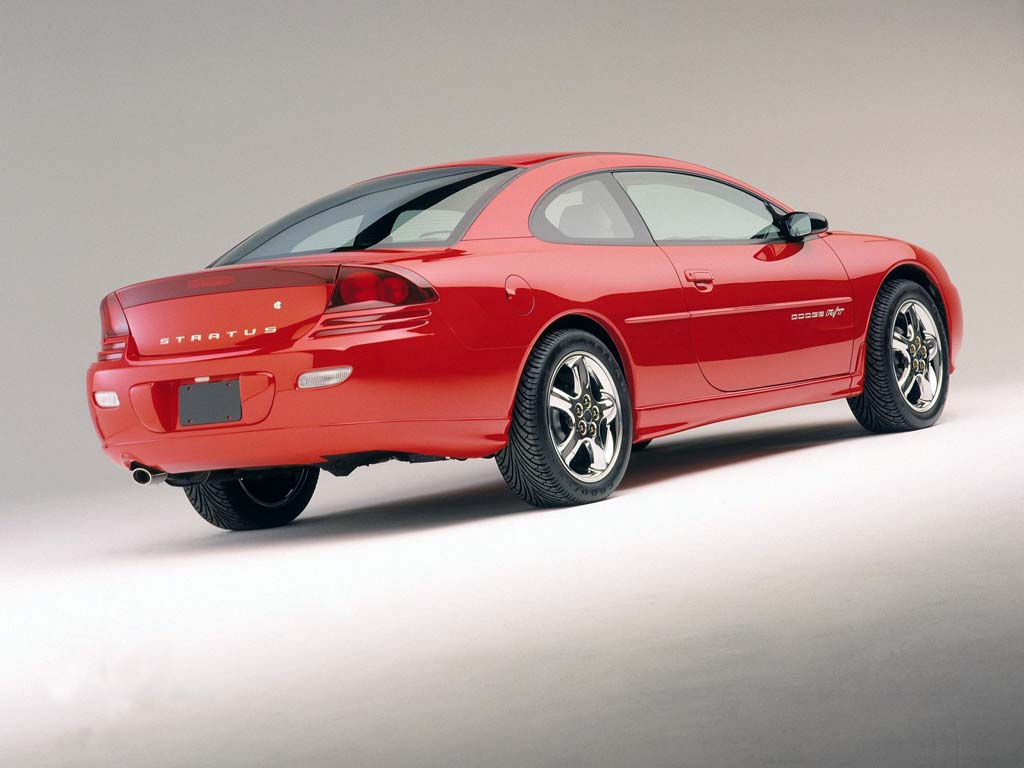
Although it was a regular medium-sized four-door sedan, the design gave a sportier and more aerodynamic look than its competition.
The Dodge Stratus was up against a few competitors, the main ones were the Chevrolet Malibu, Ford Contour, Nissan Altima and Volkswagen Jetta.
| Dimension | Dodge Stratus | Chevrolet Malibu | Ford Contour | Nissan Altima | Volkswagen Jetta |
| Length | 186.2 in | 194.2 in | 183.9 in | 192.9 in | 172.3 in |
| Width | 71.3 in | 73.0 in | 69.1 in | 72.9 in | 68.3 in |
| Height | 54.3 in | 57.9 in | 54.5 in | 56.7 in | 56.9 in |
What Is The Dodge Stratus Like To Drive?
The Stratus is set up to provide a sportier feel with different shock, spring, and tire tuning. The overall intent has been achieved, and the car performs in a sprightlier, more precise way than its siblings.
Although its acceleration is not at the same level as modern equivalents, at the time, it offered sprightly performance and got off the mark enthusiastically.
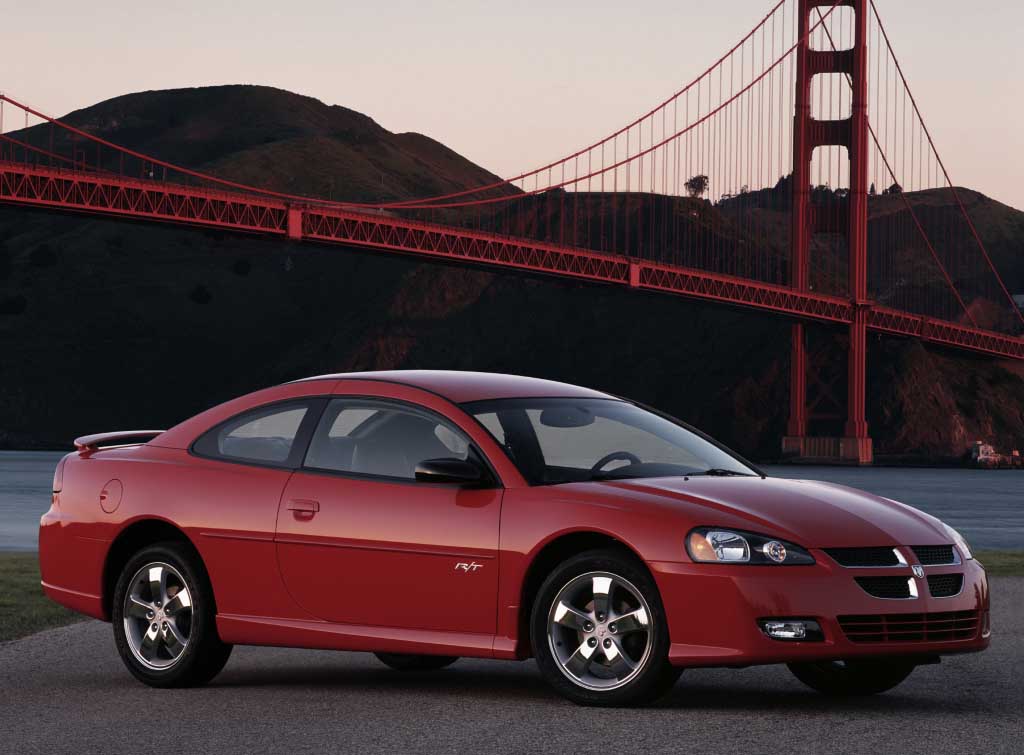
The MPG around town was 25 MPG (9.4 L/100Km), and the highway MPG of 36 (6.5 L/100Km) makes this an economical car.
| Car | MPG |
| Dodge Stratus | City 25 MPG, Highway 36 MPG |
| Chevrolet Malibu | City 21 MPG, Highway 30 MPG |
| Ford Contour | City 18 MPG, Highway 28 MPG |
| Nissan Altima | City 18 MPG, Highway 26 MPG |
| Volkswagen Jetta 1.1 diesel | City 35 MPG, Highway 44 MPG |
The Stratus SE was equipped with power front disc and rear drum brakes, while the ES had ABS disc brakes on all four wheels.
Cooling ducts help reduce brake fade, and the ABS was electronically proportioned between the front to rear wheels and side to side (for improved braking in turns). The brake pedal was firm and communicative and handled the twisty corners well.
The Interior Of The Dodge Stratus
The four-door dash looms high and is imposing.
The artificial burled-wood trim cannot be mistaken for natural wood; it creates a more mature look.
The Stratus had two bucket seats and a comfortable bench seat in the rear.
The seats were upholstered in velour upholstery was well trimmed and fitted.
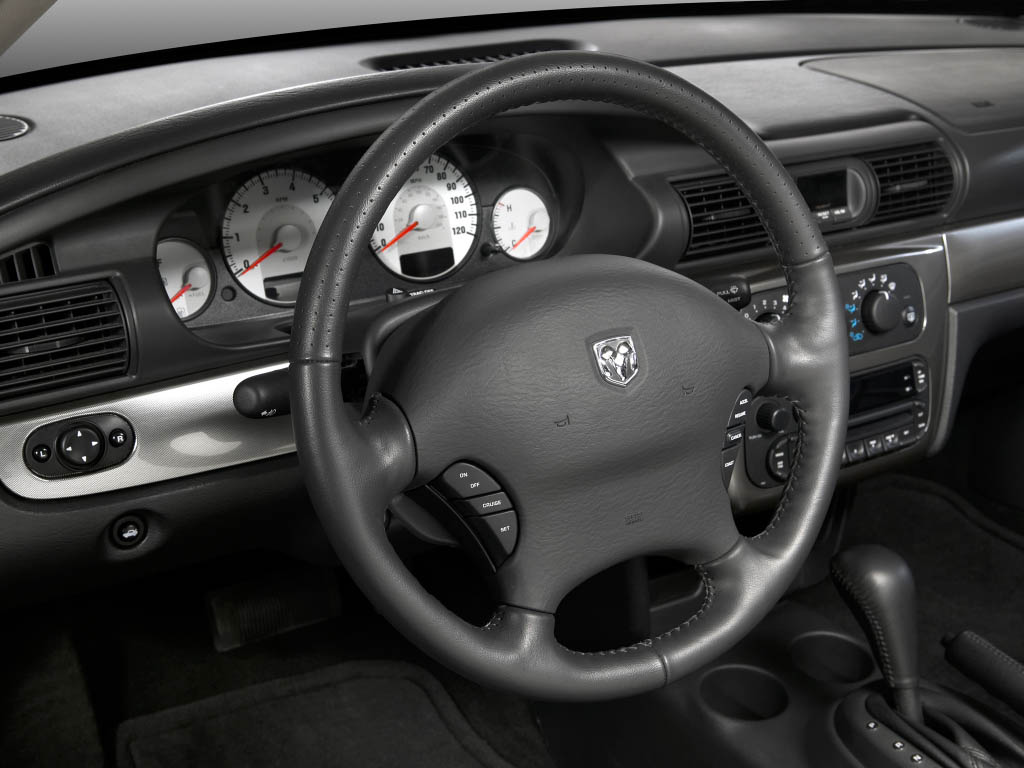
The cabin could seat four full-sized adults, with three being able to be comfortably accommodated for a shorter trip.
The sound-deadening measures are effective, and the Dodge Stratus is a relatively silent drive for the occupants, while the engine can be heard and is not jarring from within the cabin.
The Dodge Stratus had round dials on the instrument binnacle. The dials were white and were very visible even at night.
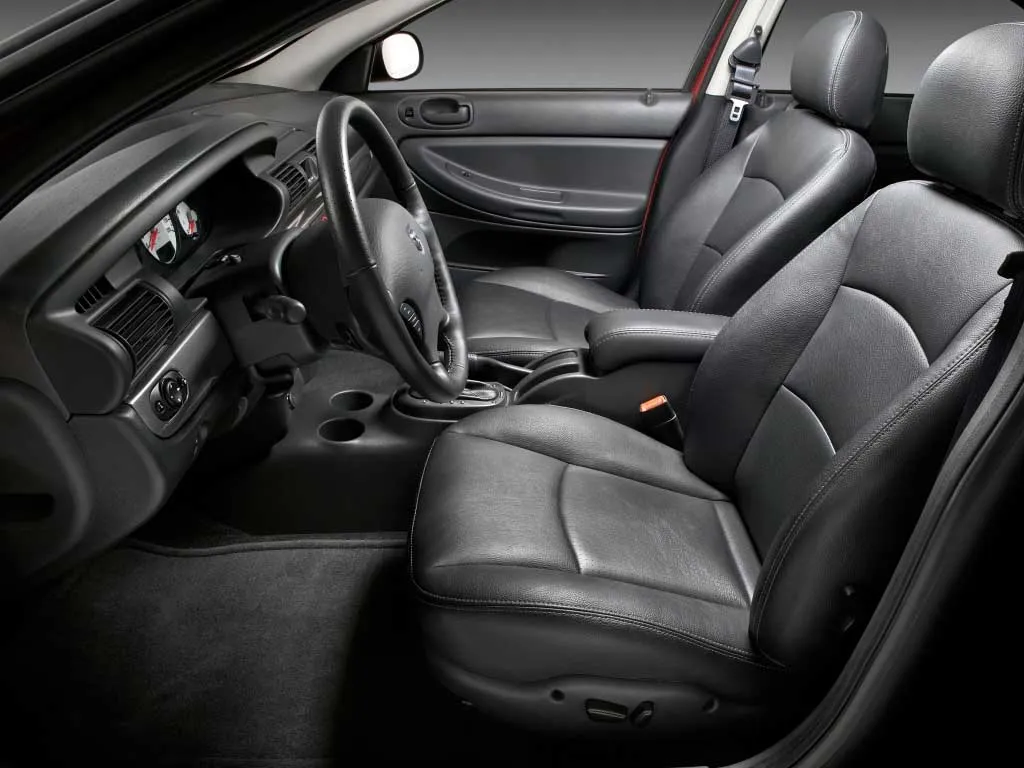
The Dodge Stratus SE came equipped with a standard air conditioner, an adjustable, tilting steering column, tinted glass, a rear window defroster, and a fully-folding back seat with a lockable seatback. The SE came with standard steel wheels, while the ES had aluminum wheels as standard.
Leather seats (free of charge), an in-dash CD, remote entry, a security system. and a moonroof were all available options.
The general feedback from owners was that the Stratus was a comfortable, relatively sporty, and reliable midsize sedan. It is a testament to the car that the most common consumer complaint directed at the Dodge Stratus was that the cupholders were too small!
The Dodge Stratus Engine
The Dodge Stratus is equipped with three engines, depending on the model.
- Dodge Stratus 2.0L 5MT (130 HP)
- Dodge Stratus 2.4L 4AT (147 HP)
- Dodge Stratus 2.5L V6 4AT (170 HP)
| Model | Engine | 0-60 mph time | Top Speed |
| Dodge Stratus SE | 2.0L 5MT (130 HP) | 10.7 sec | 112 mph (180 km/h) |
| Dodge Stratus ES | 2.4L 4AT (147 HP) | 10.0 sec | 112 mph (180 km/h) |
| Dodge Stratus ES (optional engine) | 2.5L V6 4AT (170 HP | 9.4 sec | 130 mph (209 km/h) |
Both Stratus ES engine variants were available exclusively with a four-speed automatic transmission.
The standard transmission on the Stratus SE was manual, with an automatic gearbox being offered as an option.
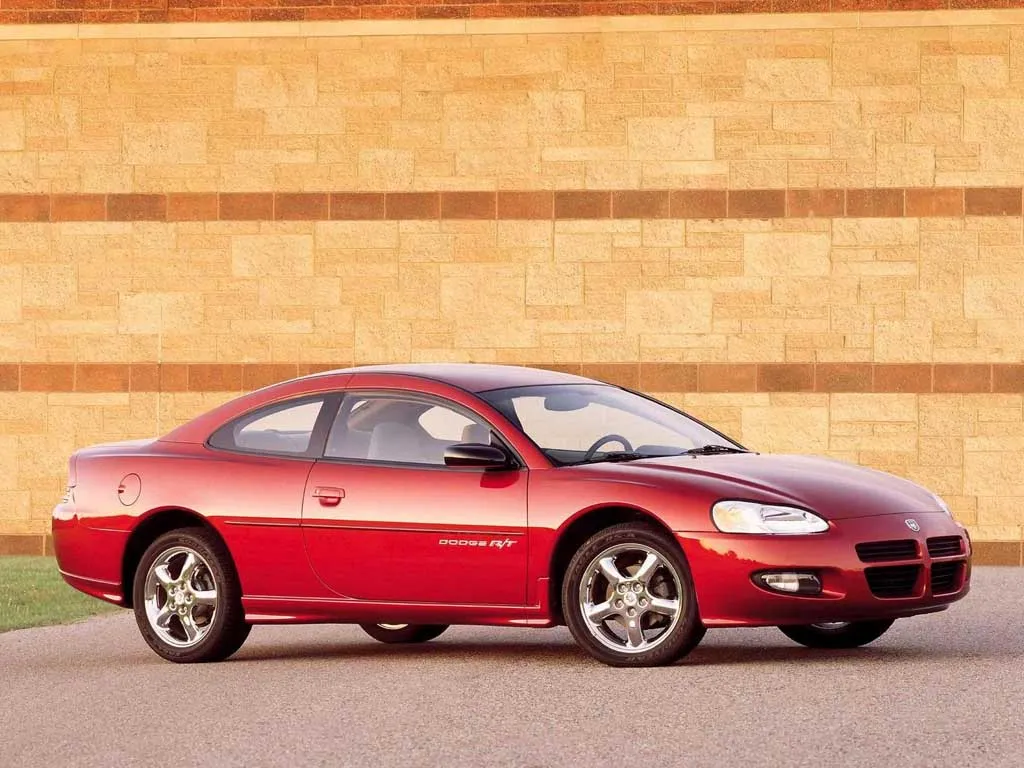
The V6 engine had a less than perfect reputation in that several long-term owners reported failures due to oil sludge contamination. The timing chain housing seals sometimes failed, causing water to leak into the crankcase. This condition eventually resulted in the engine being starved of oil and ultimately failing.
If the car is not regularly maintained, this is a potential problem.
The water pump gasket was also prone to failure, which caused coolant to leak, resulting in engine failure.
What Will You Pay For A Dodge Stratus?
The table below includes the MSRP for the Dodge Stratus price.
| Model | Year | New MSRP | Current 2nd Hand Value |
| Dodge Stratus SE | 2000 | $16,330 | $1,995 |
| Dodge Stratus SE | 2001 | $17,830 | $2,995 |
| Dodge Stratus ES | 2000 | $20,230 | $3,495 |
| Dodge Stratus ES | 2001 | $20,465 | $4,700 |
Our Final Word On The Stratus
The Dodge Stratus is one of three “cloud” cars (Stratus, Cirrus, and Breeze) launched by the Chrysler group based on the Chrysler JA platform. The first two years after Chrysler launched the Stratus, it received positive reviews and featured in the top ten motoring magazines’ scorecards.
Even in its last production year, it maintained a healthy sales volume above 100,000 units. It may seem a little dated; however, it has earned a reputation as a reliable, simple form of transport.

